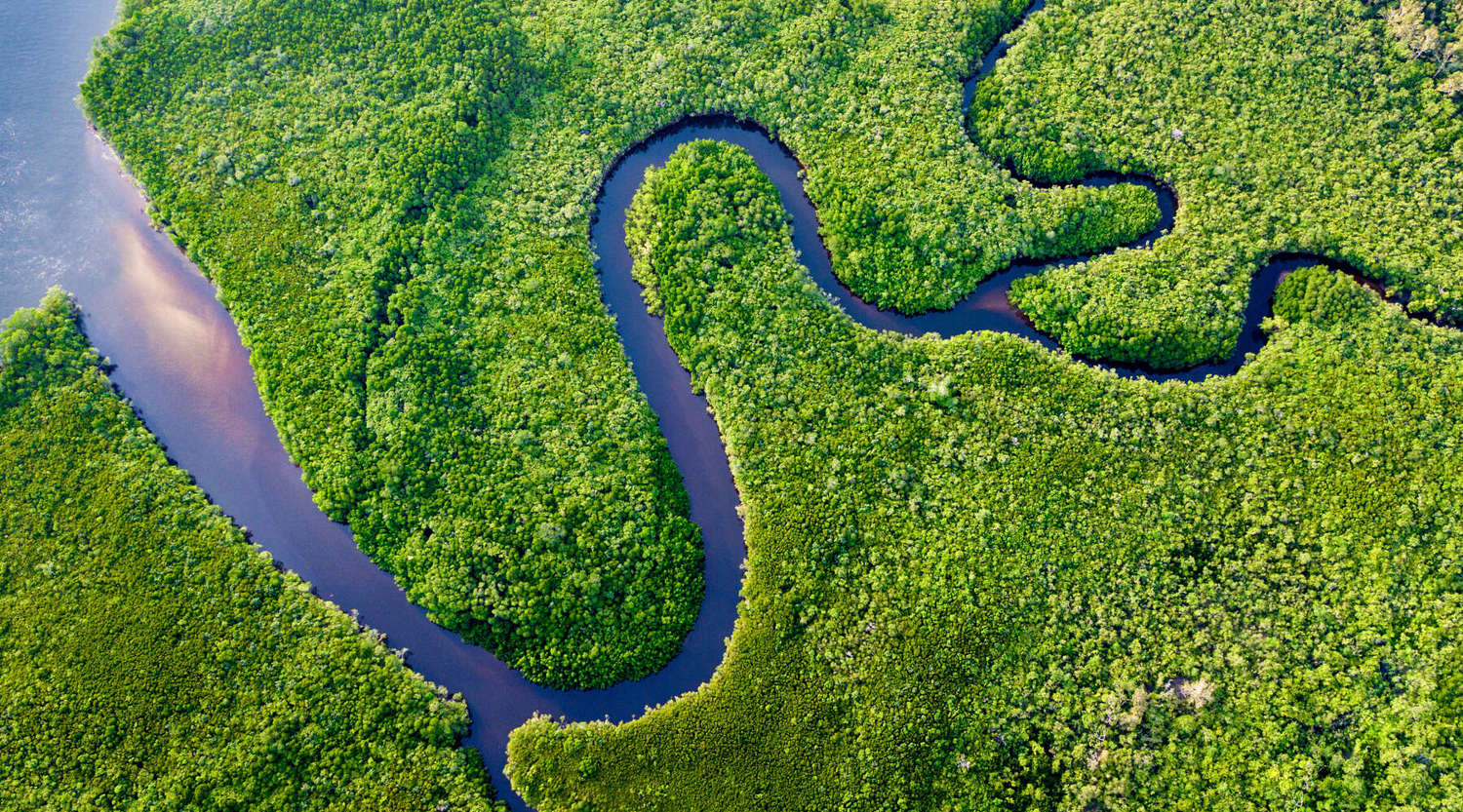The University of the Sunshine Coast has secured more than $1.7 million to deploy a network of state-of-the-art lasers to scan, measure and 3D map Australia’s rainforests.
The TruForest project will equip researchers with otherwise unobtainable laser-scanning equipment, providing unprecedented access to data from 3.6 million hectares of Australian rainforest.
The project is funded by an Australian Research Council Linkage Infrastructure, Equipment and Facilities grant.
Project leader, Professor Andrew Marshall from UniSC’s Forest Research Institute, said the technology has the potential to revolutionise the way we measure the world.
“LiDAR (Light Detection and Ranging) involves firing laser beams from scanners to create three-dimensional reconstructions of highly complex environments like rainforests,” Professor Marshall said.
“That same data could otherwise take months to gather by hand. This has significant implications for research projects, ecological surveys, forestry, carbon assessment, and for measuring and predicting change.”
TruForest will also improve the accuracy and efficiency of measuring forest structure, biomass and carbon sequestration, as researchers seek to answer questions about the world's forests and their capacity to recover from the global damage wrought by humans, cyclones and climate change.
Professor Marshall said the data is crucial to meeting Australia’s climate and environment commitments and informing future conservation efforts.
“Rainforests are particularly important to study because they are currently undergoing unprecedented threats from agriculture and climate change," Professor Marshall said.
"Changes in the vegetation detected by LiDAR will give us critical new information about these effects.
“Rainforests are the lungs of our planet. They comprise 50 to 60 percent of Australia’s biodiversity and are crucial for carbon sequestration and supplying water to nearby agriculture, as well as having huge cultural and tourism value.”
University of the Sunshine Coast Vice Chancellor and President, Professor Helen Bartlett commended the TruForest research team’s work and acknowledged the significance of the Australian Research Council’s commitment.
“To lead a project of this calibre is a remarkable achievement for our University, reflecting the hard work of Professor Marshall and his colleagues, and the impact their research is having,” Professor Bartlett said.
“It not only reaffirms our growing strength as a research leader in this space, but UniSC’s broader commitment to fostering sustainability and creating a healthier planet.”
Media enquiries: Please contact the Media Team media@usc.edu.au



